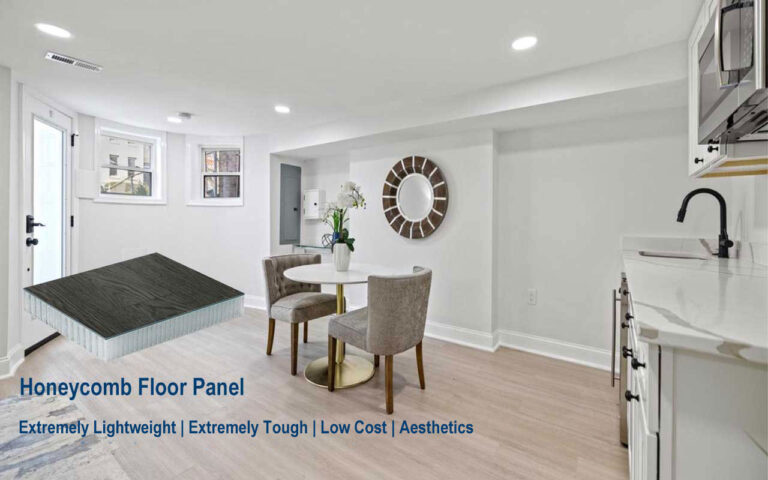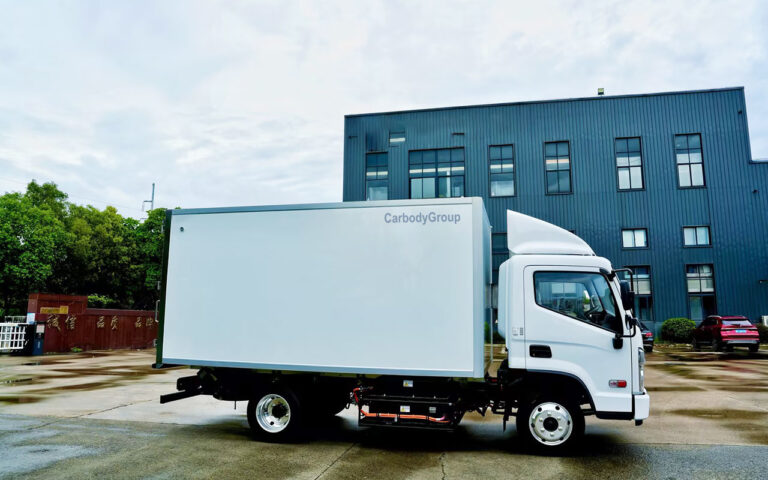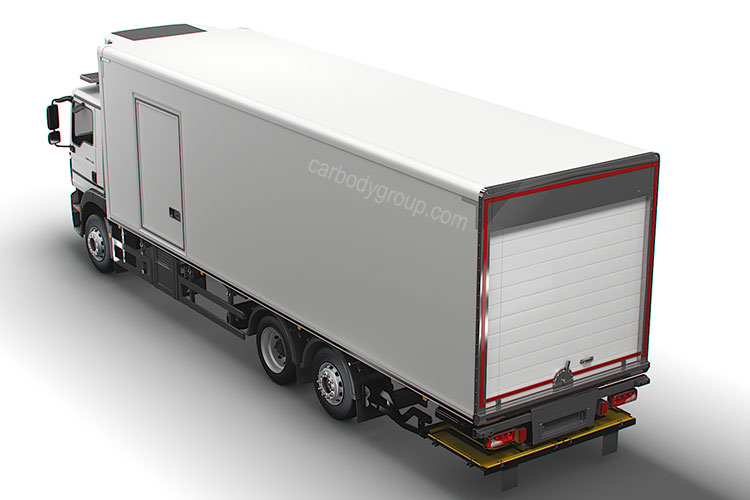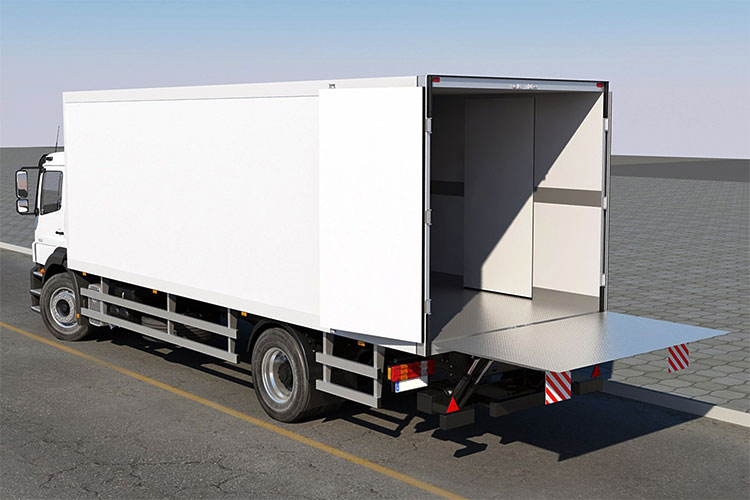The outer facings of fiberglass composite sandwich panels are covered with a high-quality gelcoat. Carbodygroup supplies self-developed gel-coated fiberglass panels and laminates. Gel-coated fiberglass panels provide a smooth, aesthetic color appearance. It has the advantages of UV resistance, antibacterial, anti-corrosion, anti-aging, easy cleaning and no rust. Therefore, gel-coated fiberglass composite sandwich panels are widely used in various fields such as box trucks, ships and construction materials. However, maintaining its original glossy color and performance requires proper cleaning and restoration methods.
Here are a few important tips for caring for and maintaining your gel-coated fiberglass panels:
Clean Regularly
The gel-coat surface is relatively stain-resistant and can be cleaned with a mild liquid detergent. However, avoid using cleaning products that contain abrasive ingredients, strong alkalis, or high acids, as these can damage the coating and cause surface discoloration, loss of gloss, and aging. Soapy water or a fiberglass panel cleaner specifically designed for the recreational vehicle, box truck, and marine industries is your best choice.
Cleaning steps
- Use a soft cloth or sponge to wipe the surface without applying too much force.
- After cleaning, rinse with clean water to avoid residual detergent.
Things to note
- Avoid using hard-bristled or dirty brushes.
- If there are bird droppings, resin or tar on the surface, remove it as soon as possible to avoid permanent stains.
Treat Stubborn Stains
For stubborn stains that are difficult to remove, you can use a small amount of mineral oil and apply it to a cleaning cloth, gently wipe the stained area, and wait until it softens before cleaning. Finally, clean the surface with clean water.
Regular Waxing Protection
Regularly waxing the surface of gel-coated fiberglass panels can protect their luster and durability, just like coatings on box trucks, recreational vehicles, and boats. Waxing can form a protective film to prevent damage to the surface from UV rays, stains, scratches, and other factors. It is recommended to use an abrasive wax specifically designed for fiberglass panels found on box trucks, RVs, or boats.
Waxing steps
- Use a non-abrasive wax to avoid wearing away the coating.
- Use a soft cloth to spread the wax evenly over the surface.
- Make sure the wax layer is even and there is no residue on the surface.
Suggestion:
For fiberglass panel applications frequently exposed to outdoor environments, such as box trucks, recreational vehicles, boats, and modular buildings, wax every 3 to 6 months, and 3 months for dark-coated products.
Storage and Protection
- Keep the panel or related application products in a cool, dry place.
- Avoid moisture accumulation that can cause discoloration.
- Regularly inspect surfaces for stains or erosion.
Restoration and Repair
Such as repairing fiberglass PU foam sandwich panels for refrigerated truck bodies.
- Clean the stains.
- Mix the resin, curing agent and accelerator according to the amount.
- Apply to the damaged area.
- Lay the fiberglass panel.
- Apply the resin again until it is level with the fiberglass panel.
- After the glue is cooled and dried, sand it flat.
- Mix the silica or talcum powder into a viscous state and mix it with the curing agent according to the proportion.
- Apply to fiberglass panels with a scraper and scrape smooth.
- After drying, sand the surface flat and spray paint.
Expert in High-Performance GRP Sheet and CFRT Laminate Solutions
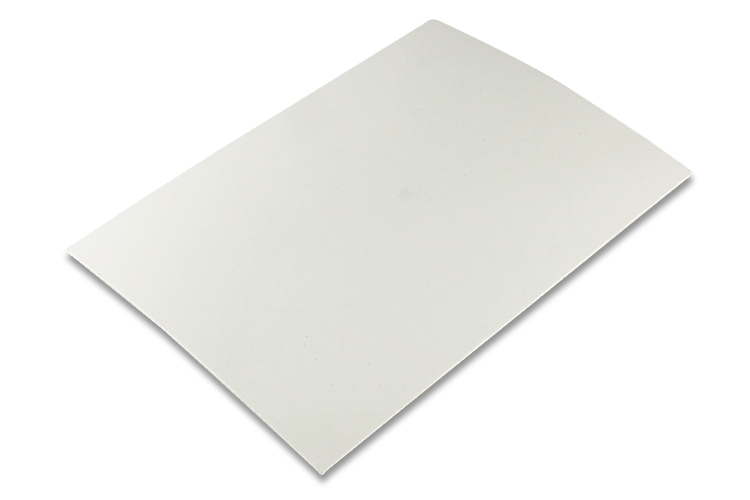
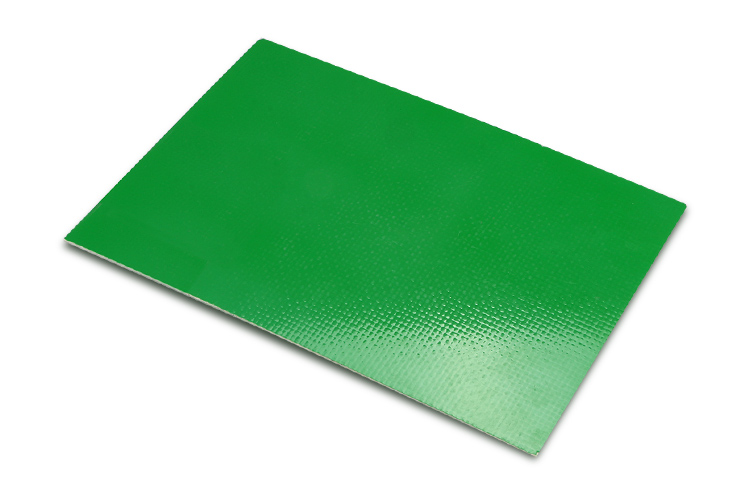
Carbodygroup is a leading global fiberglass panel manufacturer. Our state-of-the-art manufacturing facility offers the most innovative fiberglass panels and continuous fiberglass thermoplastic laminates. We serve modular builders, box truck manufacturers, recreational vehicle manufacturers, medical ambulance manufacturers, and brokers worldwide.
We lead the world in product quality and production capabilities, producing high-quality fiberglass sandwich panels to meet the most demanding application requirements, including modular buildings, modular box trucks, recreational vehicles, medical facilities, schools, restaurants, furniture, kitchens, bathrooms, showers, airports, cars, military vehicles, caravans, containers, shipbuilding, aerospace and more!

